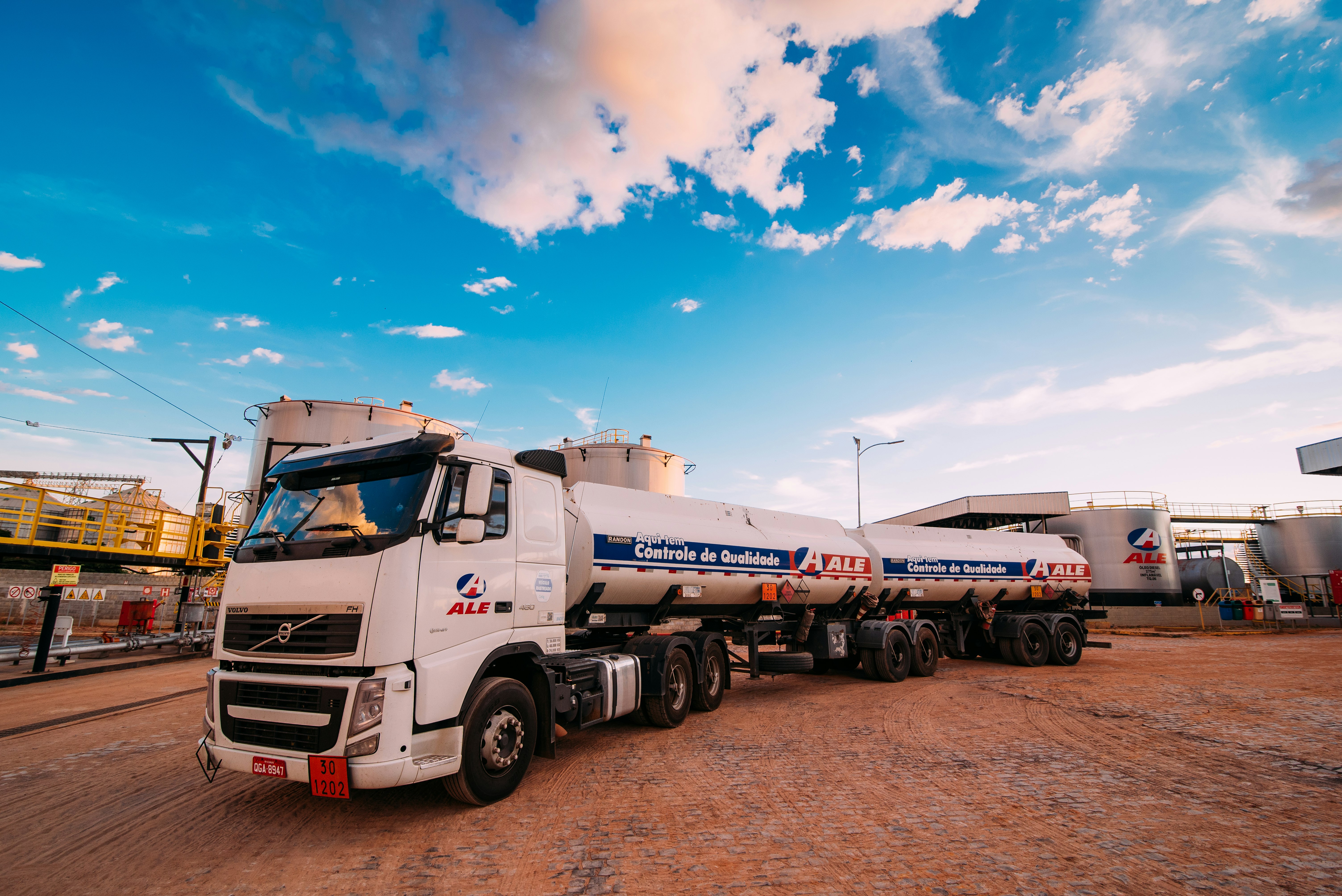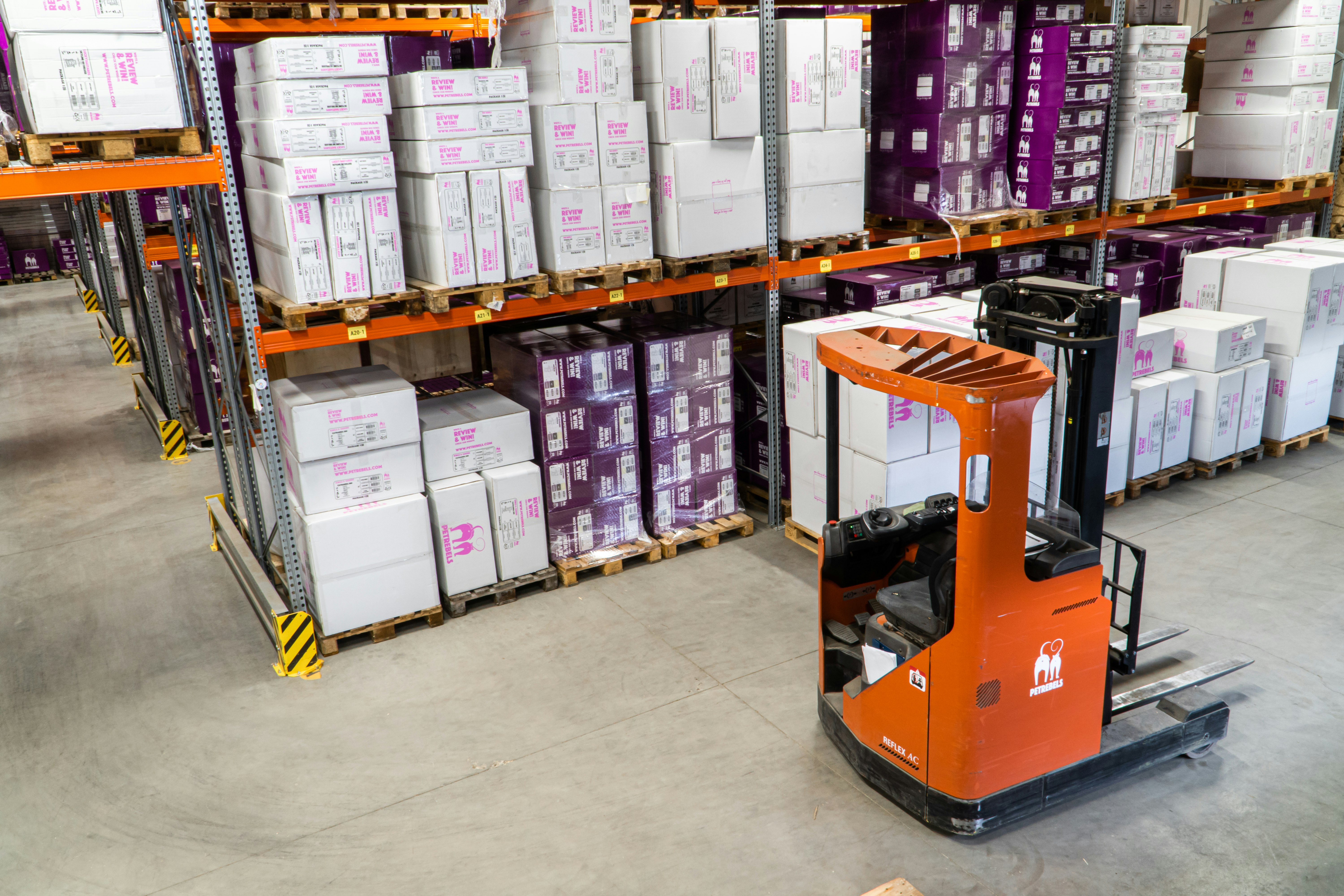Improved Efficiency
The use of machine learning can make a big impact on supply chain efficiency. AI algorithms can be used to develop data sets about suppliers, manufacturing sites, or distributors that make recommendations, form predictions, and monitor integrated systems. Where humans conduct the same procedures over long periods of time and through countless meetings, artificial intelligence comes to the same conclusion in a few keystrokes and clicks--or without any keystrokes at all.
AI Makes Recommendations
Currently, sourcing decisions require time for someone to track the supply chain, collect and analyze data, review with the supply chain team, attend meetings, and make decisions. This can take hours, days, or even weeks. Instead, AI can sift through historical data to assess suppliers’ cost, delivery, quality, and responsiveness. Then, not only can the program evaluate all the data, but an algorithm could make a recommendation or even an automatic decision based on the data and your current needs. Suddenly, it’s possible to make a real-time decision.
Credible Predictive Programming
AI applications mine data that can be used to make predictions. Implications of the ability for this technology to affect the supply chain are highlighted by the impact of predictions on warehouse management. The use of machine learning to analyze inventory levels, lead time, and order quantity provides more credible forecasting. Algorithms like these make inventory control automatic and accurate.
Integrated System Monitoring
AI products also improve machine optimization for manufacturing sites to prevent loss of productivity and fulfill orders more efficiently. AI programs monitor and send alerts before a problem occurs. On the manufacturing floor, artificial intelligence is capable of tracking machine optimization and alerting management of potential points of failure. In addition, AI can improve automatic inventory ordering to keep raw materials flowing to production lines, without building unnecessary excess. AI can help predict seasonality based on past or predicted trends, alerting management when planned quantities are too low or too high.
Now, scale these functions across all segments of the supply chain. Artificial intelligence programs can monitor all manufacturer sites, scheduling movement of supplies between locations as needed, making recommendations to increase input at one site to account for downtime at another, and predicting which lines will be down for preventive maintenance, new installations, or repairs and which sites must balance the remaining workload; AI can forecast for every warehouse in the organization, controlling inventory levels for every facility; and AI can monitor and make recommendations about all suppliers.
In a supply chain where time and distance affect product margins and profits, streamlined procedures are the door to success, and artificial intelligence is the key.
Deborah Huyett is a professional freelance writer with experience working for a variety of industries. She enjoys and works with all types of writing, and she has been published or ghostwritten for blogs, newsletters, web pages, and books. A former English teacher, Deborah’s passion for writing has always been grounded in the mechanics while appreciating the art of writing. She approaches projects as creative challenges, matching voice and tone for any audience.




















 Imagine if you could always see your whole supply chain, pinpoint at any time which distributor or location from which it’s best to purchase materials, and then determine immediately which of all the sites is best to produce the material? The result would streamline the supply chain, and with AI, it’s possible.
Imagine if you could always see your whole supply chain, pinpoint at any time which distributor or location from which it’s best to purchase materials, and then determine immediately which of all the sites is best to produce the material? The result would streamline the supply chain, and with AI, it’s possible.